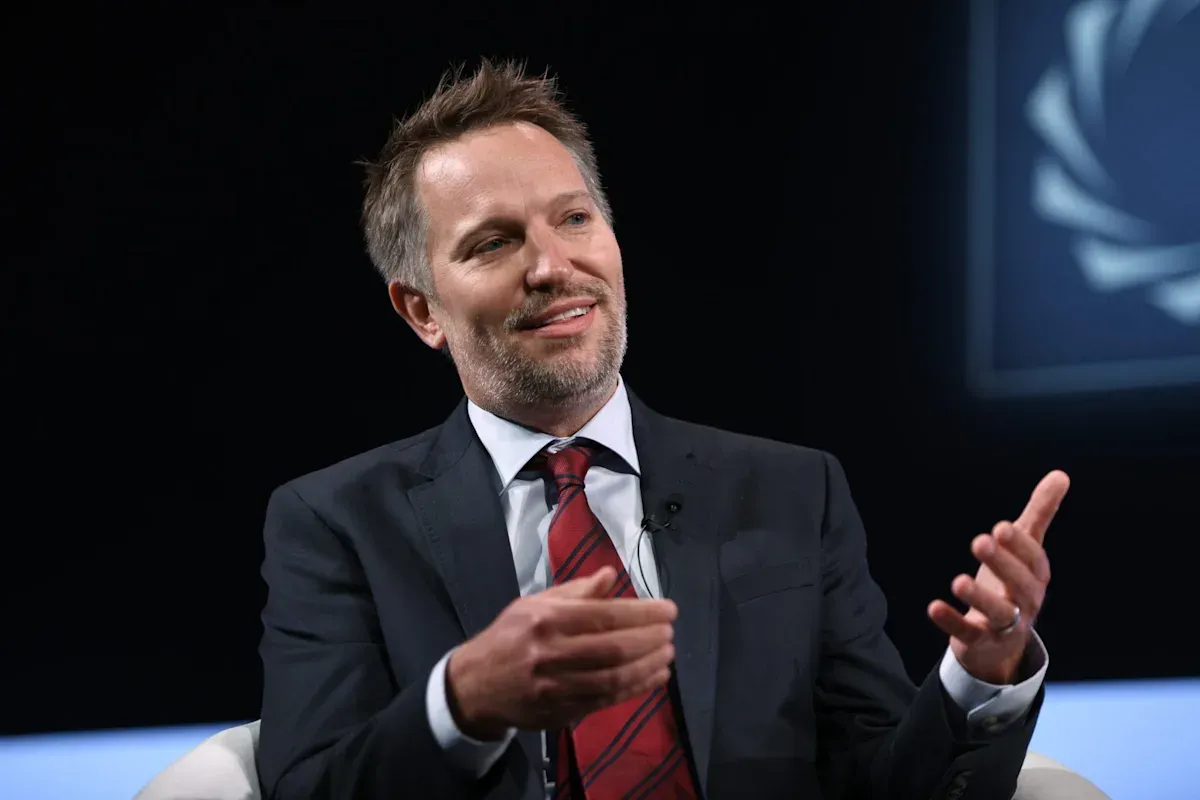Gen Z Grads, You’re Not Ready for the Harsh Truth About College Degrees

Gen Z’s Harsh Reality: A Degree Doesn’t Guarantee Success Anymore
If you’re part of Gen Z and just stepped off the graduation stage, you’ve probably heard it before: “Just get a degree, and everything will fall into place.” But that idea is starting to crumble.
With AI reshaping industries and eating up entry-level jobs — from junior financial analysts to programmers — a diploma alone isn’t cutting it anymore. And now, even the CEO of LinkedIn, the go-to platform for job seekers and employers, is saying it out loud.
In a recent talk at LinkedIn’s San Francisco office, CEO Ryan Roslansky made it clear: The future of work won’t belong to those with the fanciest degrees. Instead, it’ll go to the people who are flexible, fast learners, and comfortable working with AI and other new tech.
LinkedIn’s Boss: Adaptability > Ivy League
Speaking at a company event, Roslansky explained what hiring trends are pointing to — a major mindset shift.
"The future of work belongs not anymore to the people that have the fanciest degrees or went to the best colleges," he said. The winners in the job market? Those who are adaptable, curious, and not afraid to embrace new tools and technology.
He emphasized that companies aren’t just looking for shiny resumes — they want people who are ready to grow and evolve.
This change, according to Roslansky, will level the playing field. Instead of favoring only those with access to top universities, employers are becoming more open to people who learn skills through alternative paths like bootcamps, online certifications, or hands-on experience.
Gen Z Is Already Feeling the Shift
For many Gen Z grads, this news may not be shocking. The job market has been tough. Many are discovering that even after four years of college and tens (or hundreds) of thousands in student debt, landing a decent-paying job isn’t guaranteed.
Entry-level opportunities are shrinking. AI tools can now handle many tasks that were once stepping stones into a company — like data analysis, coding, or writing simple reports. So for those fresh out of college, it’s a tough start.
What’s worse? Most schools haven’t caught up to this change. Many graduates are entering the workforce unprepared for a world dominated by AI, automation, and rapid change.
You Don’t Need a Degree to Be Successful — And CEOs Agree
The idea that you need a college degree to succeed is being challenged not just by job seekers — but by CEOs, billionaires, and business leaders.
Take a look at the tech world:
- Mark Zuckerberg (Meta) dropped out of Harvard.
- Sam Altman (OpenAI) left Stanford early.
- Jack Dorsey (Twitter and Block) never finished college.
- Dylan Field (Figma CEO) built a $5 billion company without a degree.
They’ve all made it without following the traditional path — and now, more companies are starting to recognize that real-world skills and innovation matter more than where you went to school.
MBAs Aren’t Safe Either: Degrees Are “Degrading”
Even those with graduate degrees are questioning their value.
Bill Winters, CEO of global bank Standard Chartered, said publicly that his expensive MBA was basically a waste of time.
He admitted that the skills he learned in business school have “degraded, degraded, and degraded” — mostly because AI and tech have made many of those lessons outdated.
And then there’s Mark Zuckerberg again, warning that many colleges are putting students into deep debt while failing to prepare them for real careers. He said we’re heading toward a reckoning where people seriously rethink whether college is still worth it.
Warren Buffett: “I Never Look at Where Someone Went to School”
One of the world’s most respected investors, Warren Buffett, says he doesn’t care if someone went to Stanford or never finished college at all.
In his 2025 annual letter to Berkshire Hathaway shareholders, he wrote:
“I never look at where a candidate has gone to school. Never!”
Buffett praised Pete Leigl, the CEO of Forest River (an RV company Berkshire bought), who had no Ivy League credentials but outperformed competitors. He also pointed out that Bill Gates, one of the richest people in the world, dropped out of college too.
So What Should Gen Z Focus On?
If degrees don’t guarantee success anymore, what should Gen Z be doing instead?
Here’s what the new job market values:
- Adaptability: Can you quickly learn new tools, tech, or systems?
- Tech skills: Understanding AI, automation, or basic programming can give you a major edge.
- Soft skills: Communication, emotional intelligence, and teamwork are still essential.
- Lifelong learning: Keep updating your knowledge. Online courses, certifications, and hands-on projects count.
- Portfolio over paper: Employers want proof you can do the job — not just a diploma that says you studied it.
The Job Market Is Changing — But That’s Not All Bad
It might feel scary for recent grads, but there’s a silver lining: opportunity is opening up for people from all backgrounds, not just those who could afford college.
LinkedIn’s CEO and other major voices are essentially saying:
“Don’t chase the degree — chase the skill.”
If you’re hungry to learn, ready to adapt, and willing to stay curious, you can still land great roles and build a career — with or without a traditional education.

